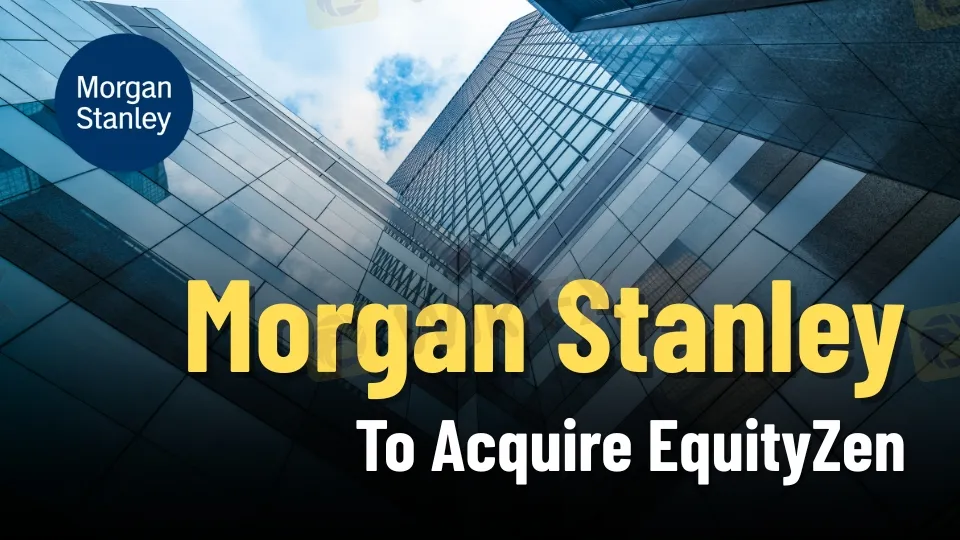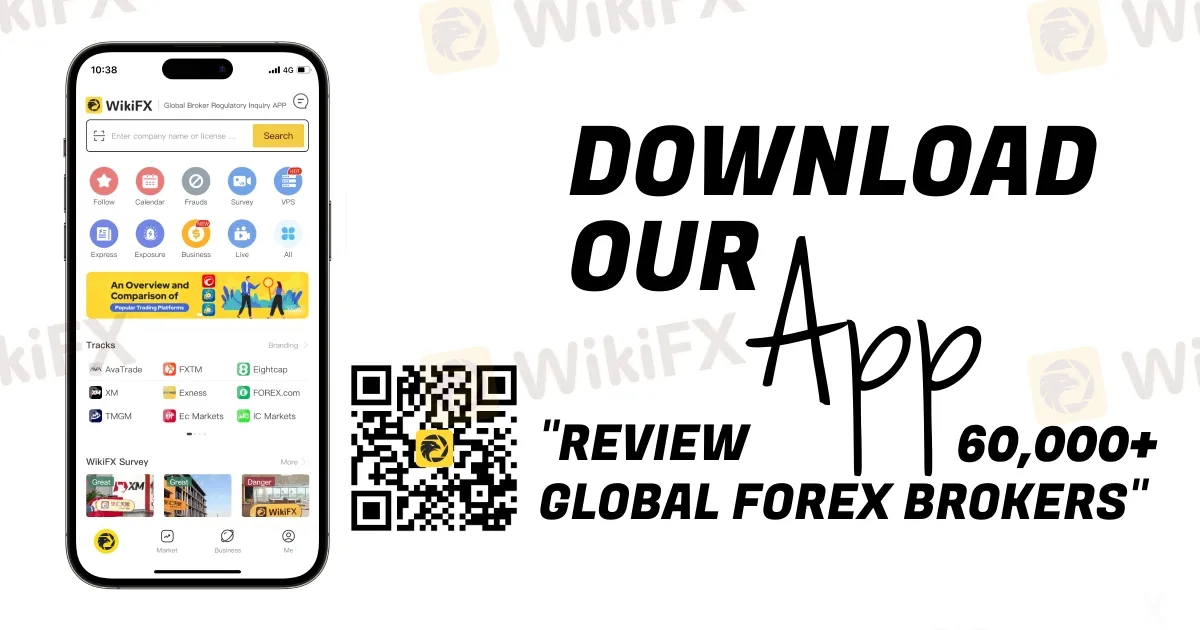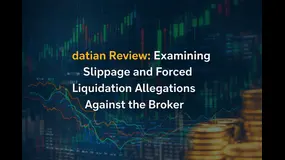Abstract:Morgan Stanley to acquire EquityZen to expand private shares access, liquidity programs, and cap table integration for clients in early 2026 closing.

Morgan Stanley has agreed to acquire EquityZen, a leading marketplace for private company shares, in a deal expected to close in early 2026 pending regulatory approvals, expanding the bank‘s issuer‑aligned private markets platform for corporate clients, employees, and wealth management investors. Terms were not disclosed, but the transaction is set to integrate EquityZen’s secondary trading marketplace with Morgan Stanleys cap table and liquidity solutions under Morgan Stanley at Work and the broader Wealth Management franchise.
Strategic Fit in Private Markets
The acquisition places the issuer at the center of trading decisions—timing, method, and controls—by marrying cap table data with workflow-driven secondary programs and tender offers, aiming to streamline employee liquidity while preserving company discretion. Executives at Morgan Stanley cite rising client appetite for private market exposure across a 20–million–client base, positioning EquityZen as a technology connector that matches supply and demand for pre-IPO shares. For Morgan Stanley at Work participants, the combined stack is expected to broaden liquidity options and operational efficiency through direct integration between cap table records and private share transactions.
EquityZen, founded in 2013, brings scale—over 800,000 registered users and more than 49,000 transactions across 450-plus private companies—to a market where firms are staying private longer and secondary activity has become a mainstream portfolio tool. The platform will slot into Morgan Stanleys private markets ecosystem, which already spans cap table management, tender programs, direct and co-investments, and secondary trading, creating an end‑to‑end pathway for issuers and shareholders.

What Changes for Issuers and Investors
Morgan Stanley emphasizes an issuer‑aligned model that keeps companies in control of shareholder liquidity, targeting pain points like fragmented workflows, off‑platform transfers, and limited visibility into secondary activity. By linking cap table data to marketplace execution, issuers can run controlled windows, apply transfer restrictions, and coordinate tender events without sacrificing speed or compliance oversight. EquityZens operating model and technology are expected to reduce administrative burden for finance and legal teams while expanding vetted investor access on standardized terms when companies opt in.
For investors, the combination could increase deal flow and issuer‑led opportunities in high‑demand names, though closing is not expected until early 2026, and all transactions remain subject to eligibility and risk considerations typical of alternative investments. Morgan Stanley has repeatedly highlighted risk education and suitability as the private markets expand, a theme reinforced in parallel partnerships that tie liquidity readiness to planning, education, and regulated advice. The transactions integration plan prioritizes operational streamlining, but also implies enhanced data insights around secondary pricing and supply dynamics within issuer‑sanctioned processes.
Carta Partnership and Market Backdrop
The deal follows an expanded strategic partnership between Morgan Stanley Wealth Management and Carta, under which Morgan Stanley at Work became Carta‘s exclusive U.S. public equity management and workplace benefits platform for late‑stage private companies preparing to go public. The enhanced alliance embeds wealth planning, education, and advisor access within Carta’s workflows, aligning liquidity events and IPO readiness with personal financial guidance for founders and employees. Together with EquityZen, this suggests a fuller private‑to‑public continuum: cap table and workplace solutions, liquidity and secondary trading, and pre‑ and post‑IPO wealth management under a single integrated umbrella.
The timing reflects sustained demand for pre‑IPO exposure amid elongated private lifecycles, as marquee names delay listings and secondary markets absorb investor interest for growth-stage allocations. Commentary around the acquisition underscores the value of controlled liquidity programs for employers and early investors, as firms balance retention, compliance, and governance against employee needs for diversification. Closing remains subject to customary conditions and regulatory approvals, with EquityZens roughly 50‑person New York team expected to join Morgan Stanley upon completion.
Sources and advisory roles cited around the announcement indicate both sides engaged multiple financial and legal advisors, consistent with strategic platform acquisitions in regulated markets. Third‑party coverage reiterated undisclosed terms and early‑2026 timing, aligning with Morgan Stanleys official press release and subsequent wire reports.
Notes for brokers
- Deal scope: EquityZen to integrate with Morgan Stanleys private markets stack; issuer‑aligned controls for secondary trading and tenders.
- Scale metrics: 800k+ users; 49k+ transactions; 450+ companies since inception.
- Client impact: Expanded liquidity options for Morgan Stanley at Work participants; broader private share access for Wealth clients post‑close.
- Timeline: Subject to approvals; expected close early 2026; terms undisclosed.
- Ecosystem link: Builds on Carta partnership, embedding IPO and wealth planning into cap table workflows.
Methodology and Disclosures
All forward‑looking timelines and integration plans are contingent on regulatory approvals and may change; investors should consider illiquidity, valuation opacity, and loss risk inherent to alternative investments. Coverage draws on Morgan Stanleys press statement and corroborating wire and trade outlets to reflect issuer‑level intent and expected client pathways at closing. Brokers should monitor subsequent filings and product notices for eligibility, suitability standards, and workflow updates as the integration progresses.











